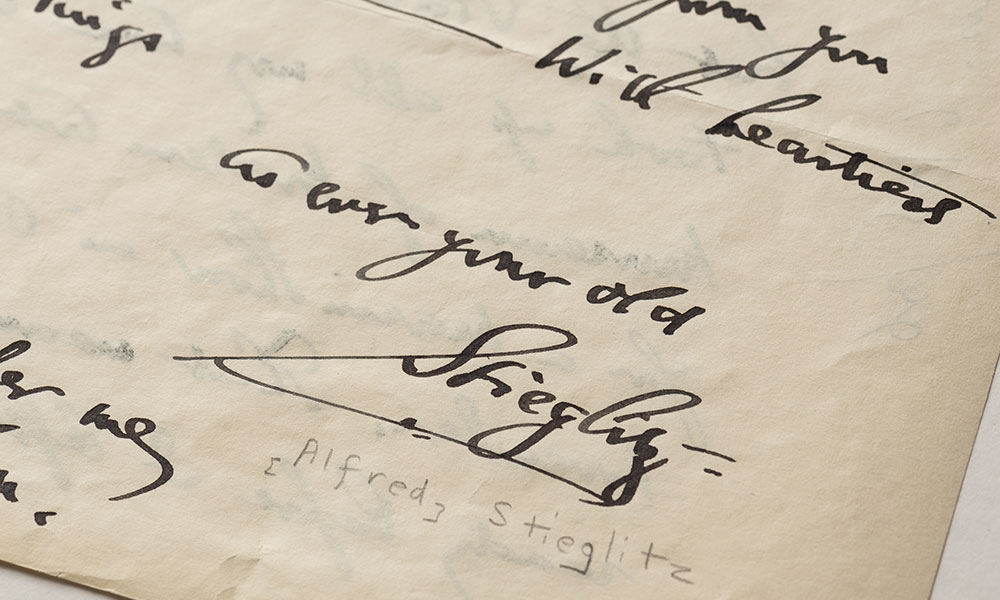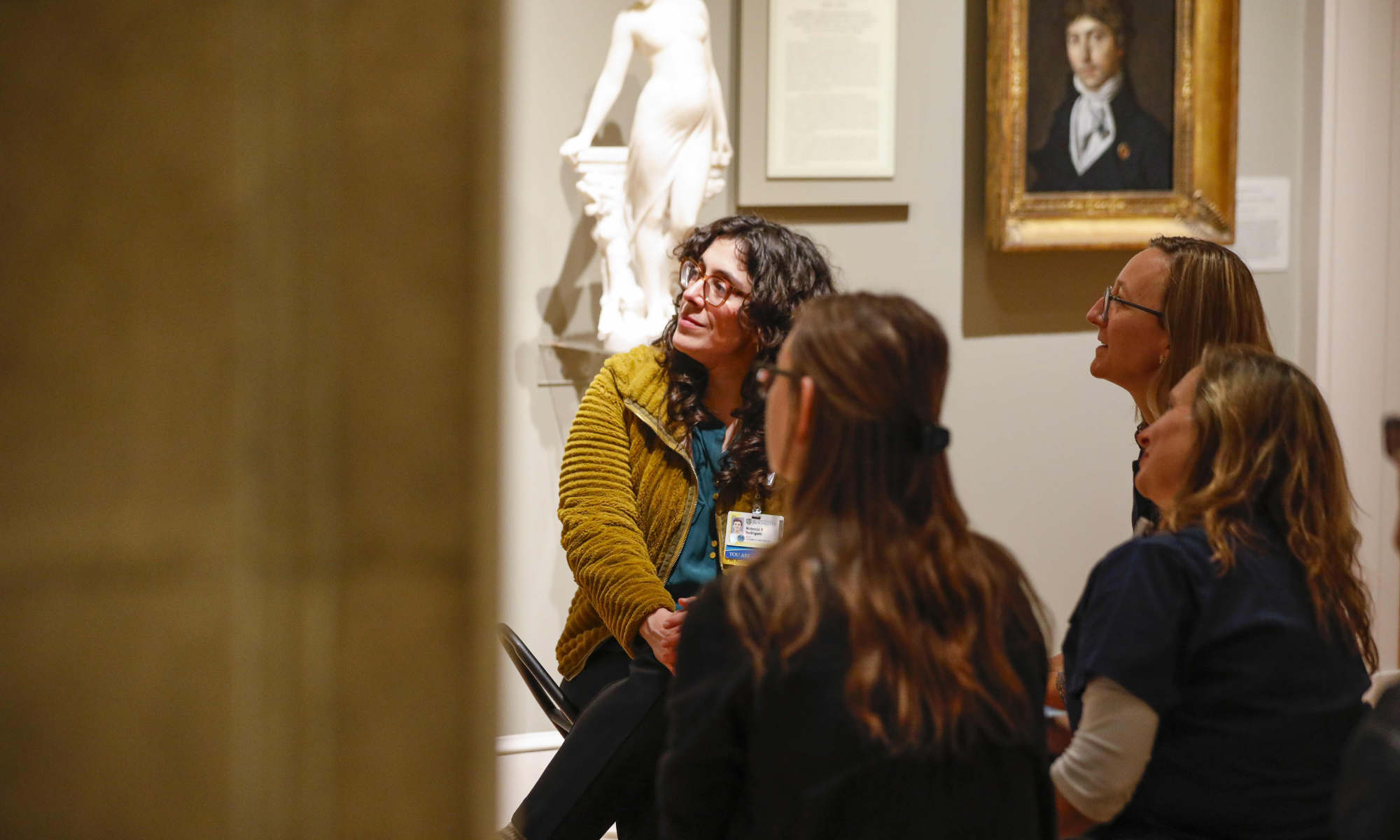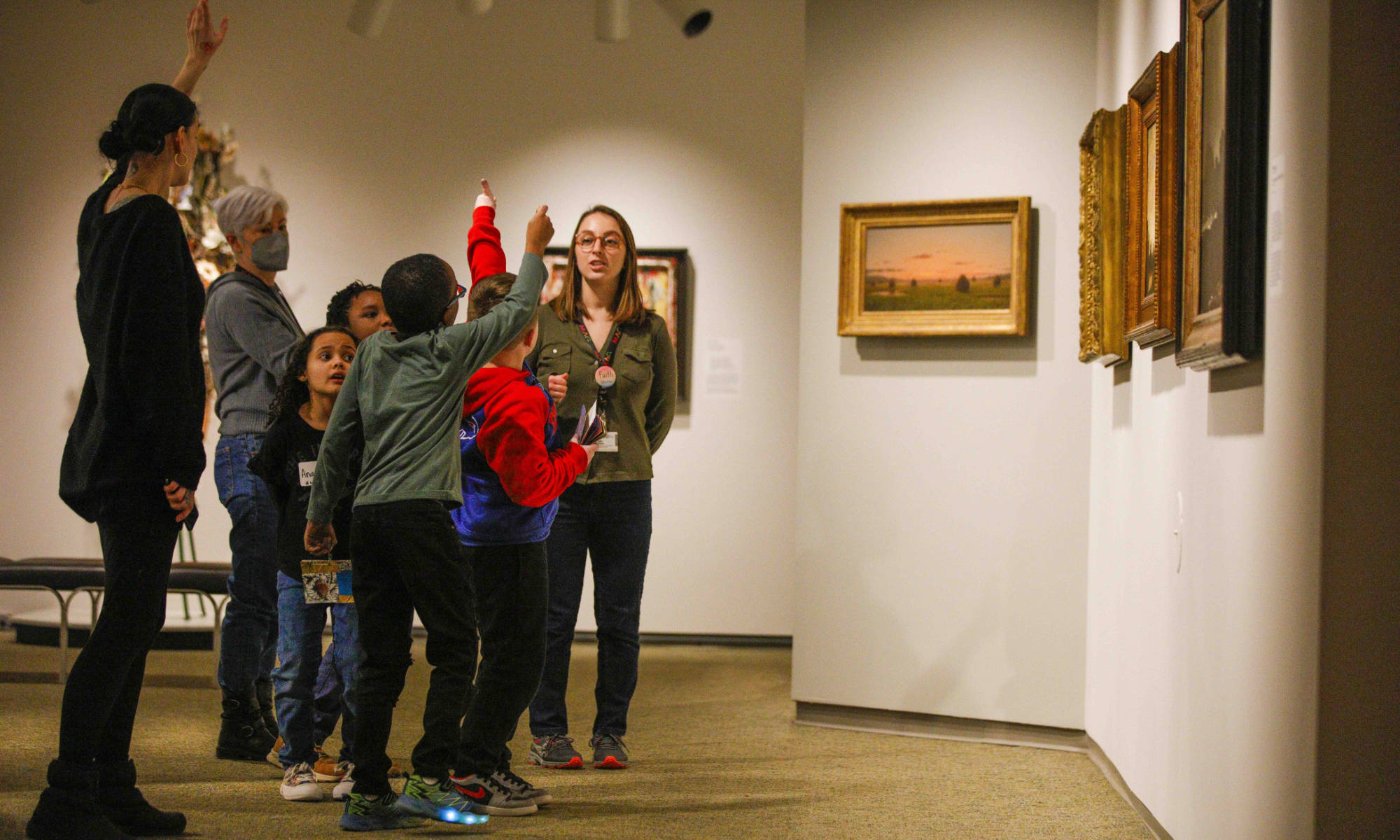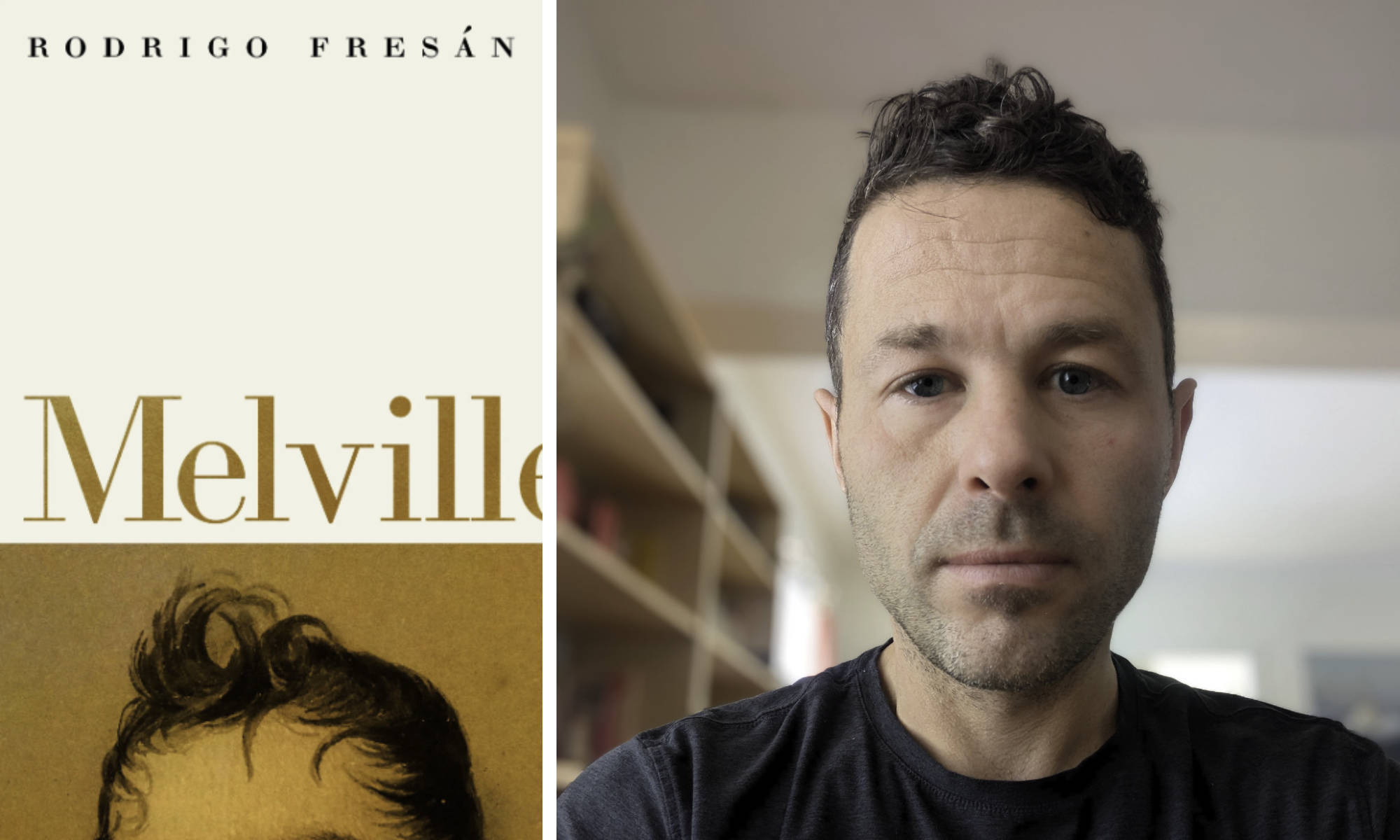By Jessica Lacher-Feldman
The wonder of archives is that they allow us to be sanctioned “snoopers,” reading personal letters and diaries that breathe new life into some of history’s most interesting personalities. Some of those archived letters—such as those between artist Georgia O’Keeffe and her eventual husband, photographer and art promoter Alfred Stieglitz, and to suffragist Anita Pollitzer—are rare glimpses into private conversations seldom seen in today’s digital age.
These penned messages are the inspiration for the Letters from Georgia song cycle by Kevin Puts ’94E, ’99E (DMA), to be premiered on Saturday, November 12, in Rochester, and on Monday, November 14, at Lincoln Center in New York City.
A Pulitzer Prize-winning composer, Puts wrote the piece specifically for the Eastman Philharmonia, a student orchestra at his alma mater, the Eastman School of Music, and for another notable alumna, world-renowned soprano Renée Fleming ’83E (MM), who holds the title of Distinguished Visiting Artist at Eastman. It’s their first collaboration.
Handwritten correspondence between O’Keeffe, Stieglitz, and Pollitzer are examples of countless archival collections that are housed in special collections all over the world. In this age of emails and text messages, some archivists fear that the old-fashioned letter is dead. For them, written letters do something more than text messages and quick conversations do: they offer thought provoking insights into the inner lives of the writers.
Archivists also point out that special collections libraries support the work of historians by preserving those insights. But that’s just the beginning. Like Puts, playwrights, poets, artists, and others can also turn to those libraries for creative inspiration.
The Department of Rare Books, Special Collections, and Preservation at the University’s River Campus Libraries is home to a significant cache of letters from Steiglitz to the architect, author, and theater designer Claude Fayette Bragdon (1866-1946). Bragdon met Stieglitz and O’Keeffe in the mid-1920s, when the three were residents of the Shelton Hotel in New York City. The Bragdon Family Papers contain the personal papers of Claude Bragdon, including communication with Steiglitz, as well as letters of Bragdon’s parents, sister, wives, and children.
The Alfred Steiglitz/Georgia O’Keeffe Archive at Yale University’s Beinecke Library holds the other side of Steiglitz–Bragdon correspondence. Some copies of these letters from Yale are included in the Bragdon Family Papers.
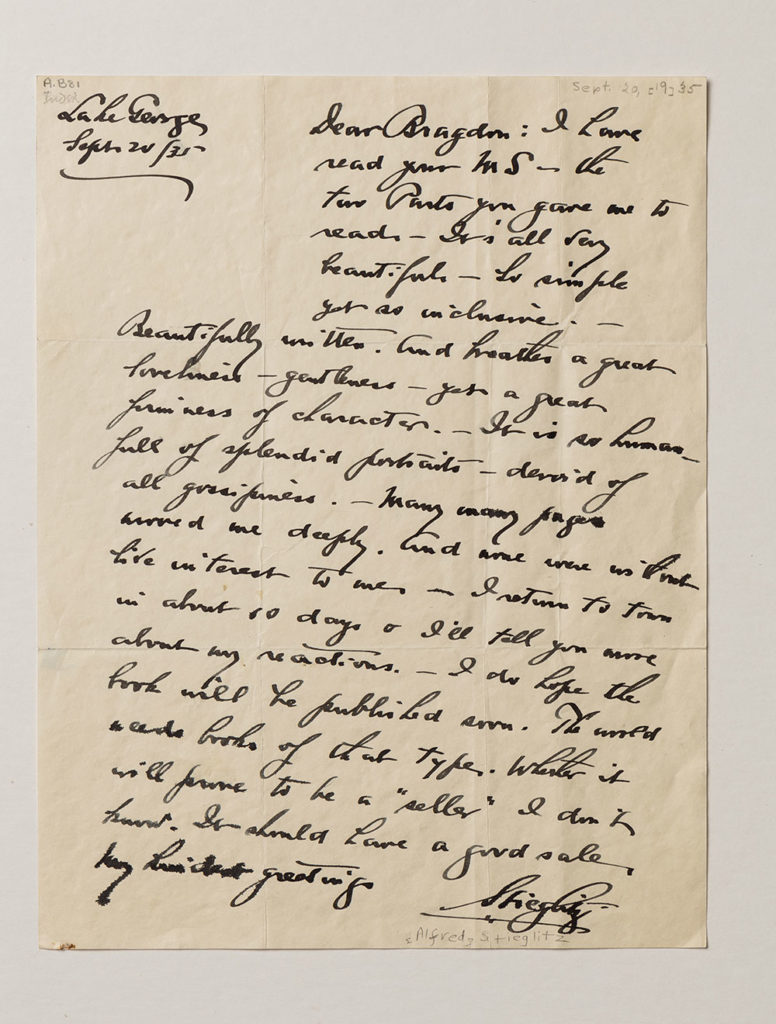
Stieglitz tells Bragdon that he has read the manuscript of Bragdon’s autobiography: “It’s all very beautiful—So simple yet so inclusive.—Beautifully written….” He predicts that it will sell well. (University photo / J. Adam Fenster)
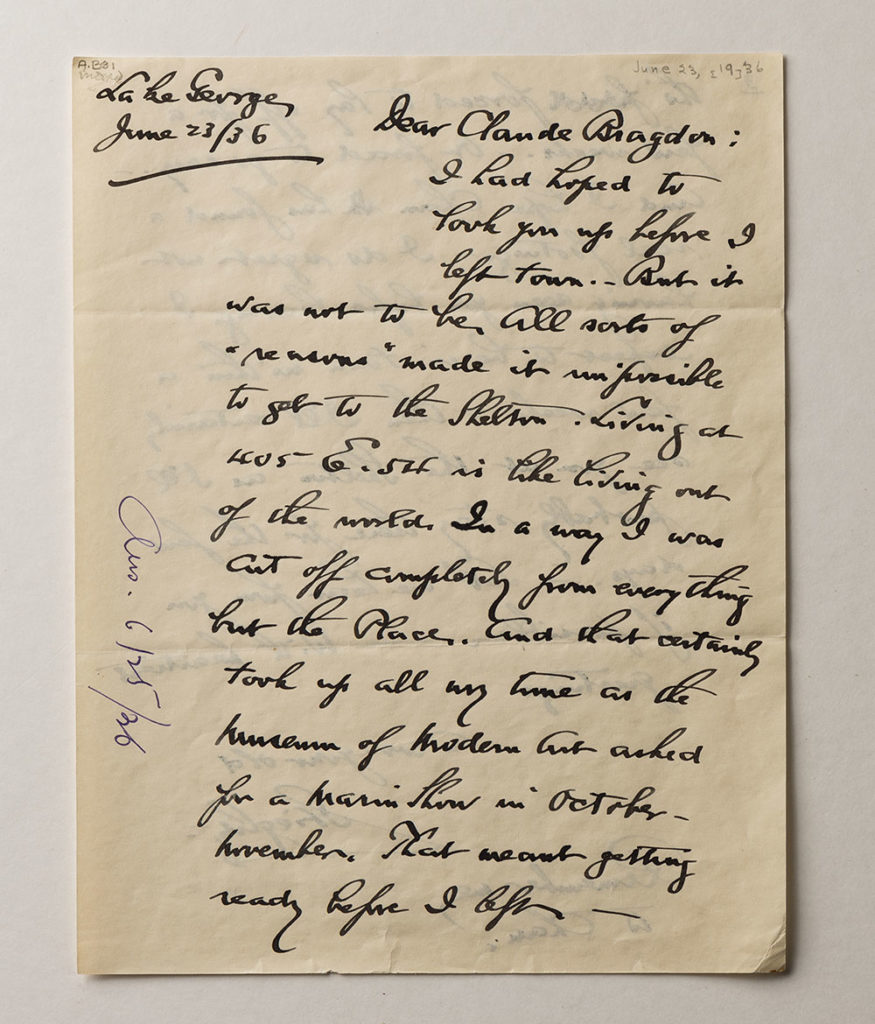
In purple ink on left of first page, Bragdon’s notes when he responded: “Ans. 6/25/36”
Stieglitz had recently moved from the Shelton Hotel, where Bragdon still lived. Stieglitz comments on his own recent activities and sends his hope that Bragdon has fully recovered from a recent illness. (University photo / J. Adam Fenster)
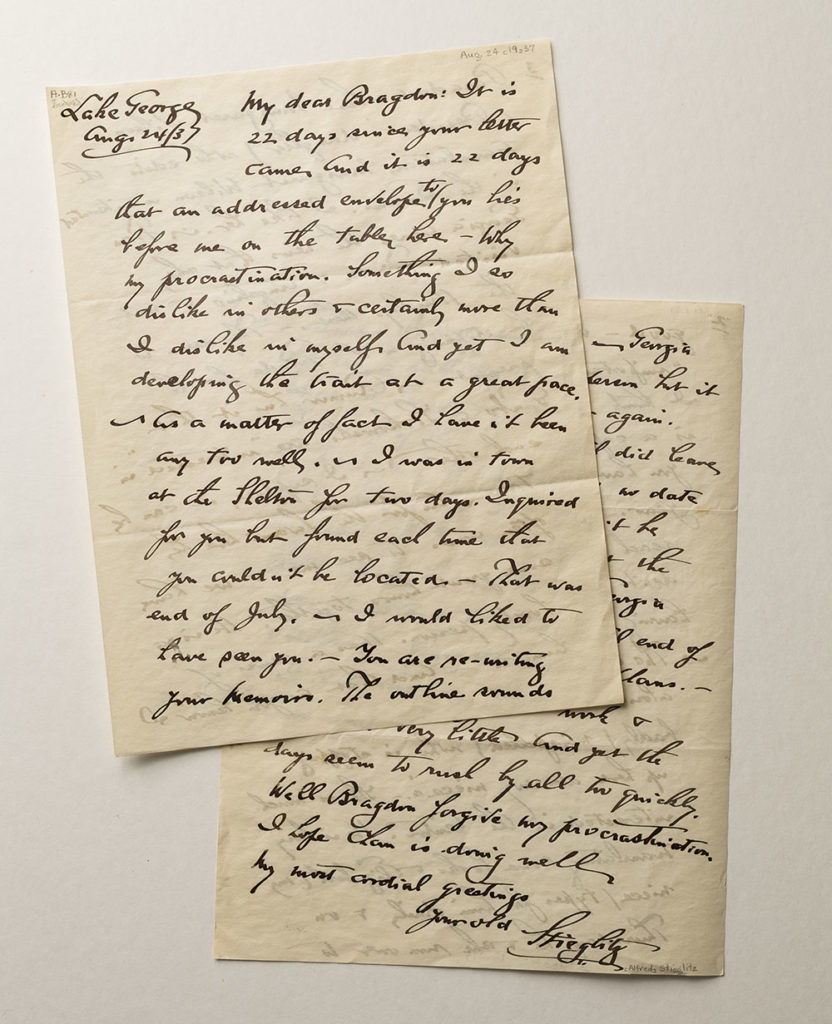
Jessica Lacher-Feldman is the Joseph N. Lambert and Harold B. Schleifer Director of Rare Books, Special Collections, and Preservation at the University of Rochester’s River Campus Libraries.

